Did you know that almost 70% of non-organic produce sold in the US contains pesticides1?
Environmental Working Group’s Dirty Dozen (EWG) list provides unsettling details about this and reconfirms that organic is the healthiest option.
Healthier Foods to Eat
Because I have the MTHFR gene and impaired detoxification, I’m always on the hunt for healthier foods to eat.
I find that using organic fruits and vegetables in my recipes is one way of accomplishing this goal as I ingest fewer toxins and heavy metals with this strategy.
EWG the Dirty Dozen
The dirty dozen in food includes the fruit and vegetables that have the highest levels of pesticide contamination.
The below are best avoided unless purchased organic1:
- Strawberries
- Spinach
- Kale, Collard, and Mustard Greens
- Nectarines
- Apples
- Grapes
- Bell and Hot Peppers
- Cherries
- Peaches
- Pears
- Celery
- Tomatoes
EWG the Clean Fifteen
The EWG Clean Fifteen is a list of the top conventional fruit and vegetables that contain the lowest pesticide residue.
- Avocados
- Sweet Corn
- Pineapples
- Onions
- Papaya
- Sweet Peas
- Asparagus
- Honeydew Melon
- Kiwi
- Cabbage
- Mushrooms
- Cantaloupes
- Mangos
- Watermelon
- Sweet Potatoes
Shop Natural Grocers and Buy Organic Whenever Possible
Whenever I can, I purchase organic produce, but when that’s not possible I refer to EWG Clean Fifteen.
Organic produce can be found at most grocery stores and is readily available, even cheaper and fresher, at farmers’ markets.
Choose Real Good Foods to Avoid Processed Food
I’ve been eating a balanced whole foods diet, rich in organic vegetables since I went low-carb over a decade ago.
I avoid processed food because it’s loaded with sugar and lacking in essential vitamins and nutrients.
Low carb organic fruit like berries make a fantastic dessert –try strawberries with homemade whipped cream.
Real Food Daily on a Low Carb Diet
Other than berries, I avoid fruit for the most part. It’s fantastic for growing children –because it’s portable and delicious, nature’s candy.
More Green Vegetables in the Cart
I love filling my grocery cart with fiber fueled green vegetables.
Vegetables are nutrient dense powerhouses –did you know that kale contains more calcium than milk1?!
Green veggies are packed with nutrients critical for methylation (detoxing) which impacts every cellular function.
They’re rich in iron, magnesium, potassium, and calcium. Better yet? They’re also low carb and full of fiber.
Fresh Over Frozen, Frozen Over Canned
I eat as much fresh organic produce as I can, avoiding canned food whenever possible due to BPA and new BPA “look-alike” chemicals disguised under a different name.
Keeping the freezer stocked with my favorite ingredient, organic frozen berries, keeps it simple when it comes to making smoothies for the family.
Ocean Raised Fish is Better Than Farmed
Fish is another staple of my healthy low carb diet, and we eat a lot of wild salmon.
I no longer eat tuna and swordfish as they are high in mercury –I gave them up a couple of decades ago for this reason.
I also avoid farmed fish since the nutritional quality of the fish is dependent on what it eats.
Unfortunately, farmed fish is often fed corn and antibiotics, two things I avoid, buying wild fish instead.
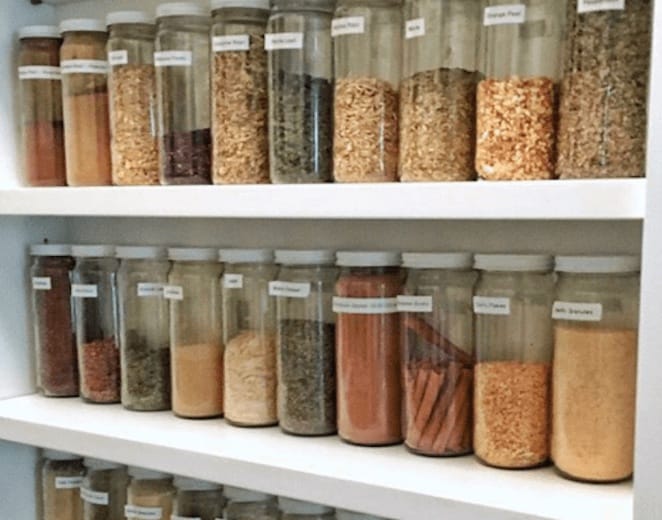
Storing Food in Glass Not Plastic
Once I get all of that great healthy food home, I’m conscientious about how I store it. Instead of plastic containers, I use mason jars. For large glass containers, I use Pyrex.
For more on storing and organizing food check out my post, 10 Reasons Glass is Better than Plastic.
Planning a Healthy Meal
I love buying nourishing healthy food that will feed my family, and I have so many recipes for every diet to help you feed yours.
Benefits to Healthy Eating
One last tip while we’re on the subject of healthy eating.
I try not to go to the grocery store on an empty stomach! When I do this, everything looks amazing, and I end up with so many things in my cart that I don’t need!
I hope this list is useful in your quest for healthy living.
This post is an oldie but goodie from the archives. I first shared the Dirty Dozen EWG in 2007.
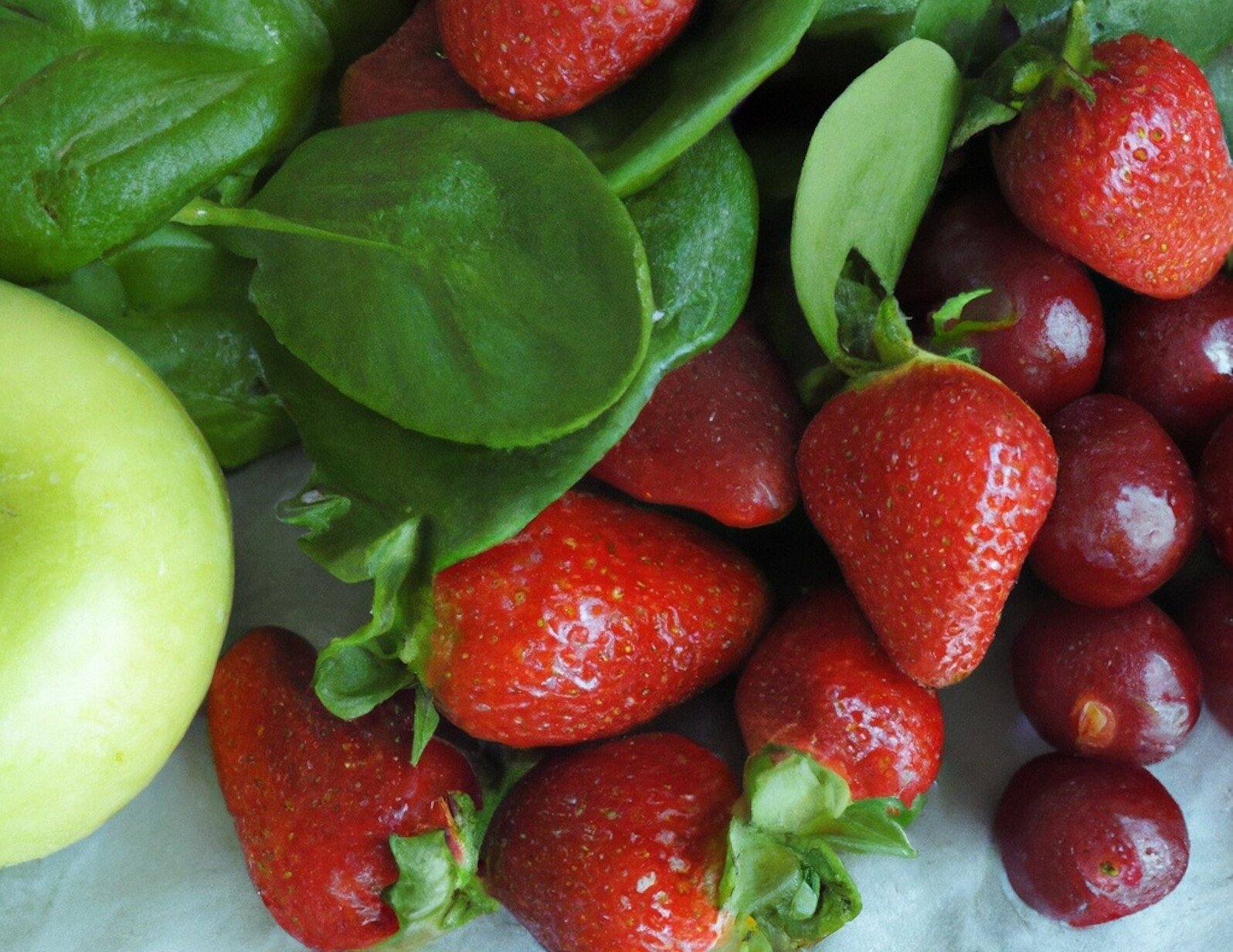
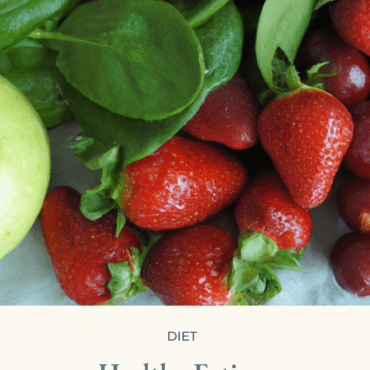
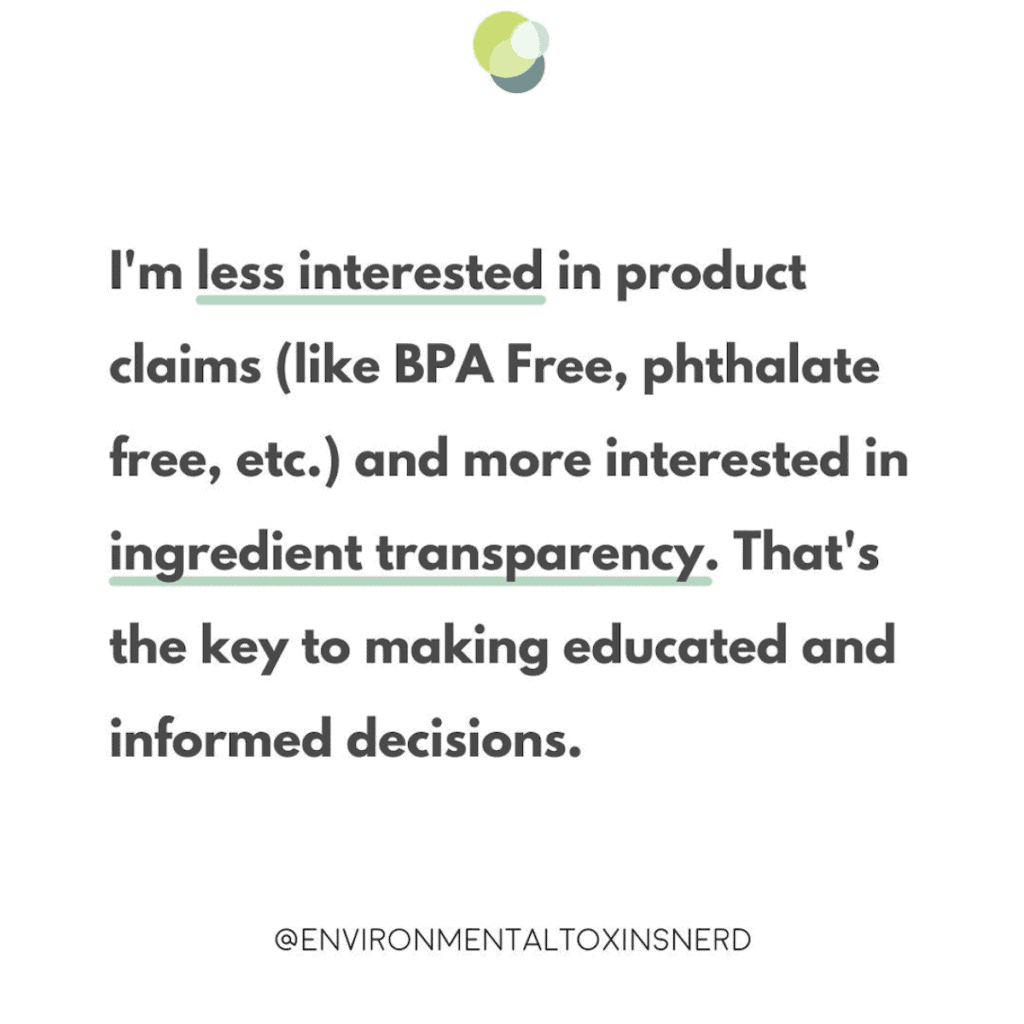

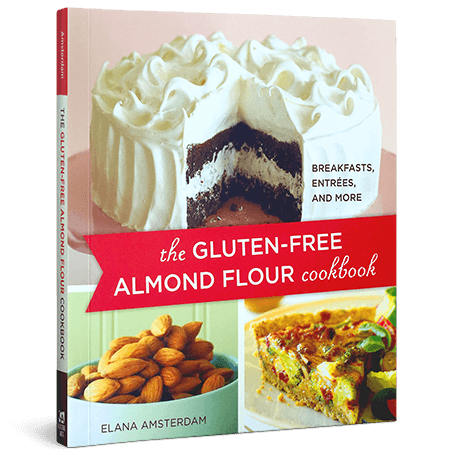
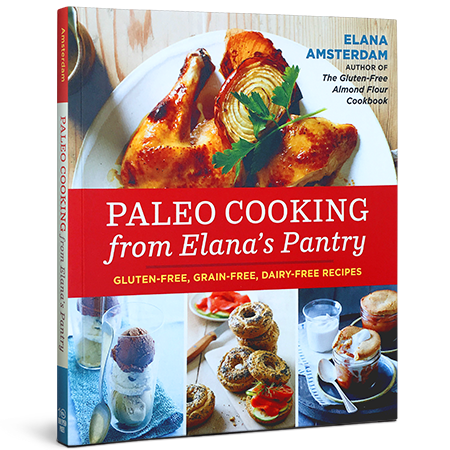
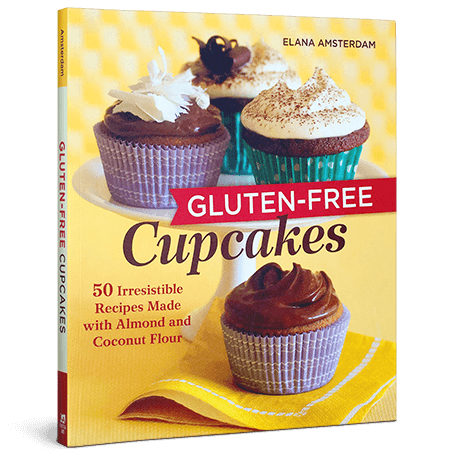
margaret says
Thank you Elena your recipes are inspirational – I hope your holiday celebrations with your family and friends will be wonderful…
ronni says
Elena I’ve been told that if you soak these fruits and vegetables in either a bleach solution or a cleaning solution for vegetables. That offset supposed the pesticides. we try to buy organic whenever possible but the cost is prohibitive.
Cheryl says
I agree with Anitra comments, I too beleive in healthy eating but the effects of insecticides are only dangerous if consumed in ridiculous amounts consumed in a small period if time. I also dont think it is fair to scare people into buying organic when it is still a hard time for most to juggle household funds as it is.
Anitra King Louise says
Just because something is called organic doesn’t make it healthier. First off many organic fruits and vegetables have insecticide too just that it is called organic. Second many organic fruits and vegetables have worms or insects or fungus that is 100% more harmful than insecticides. Third in order for fruits or vegetables that have insecticides to be harmful ie apples you would have to eat over 600 hundred apples a month to be possibly harmful to a mouse ( not a human being)
I am a firm believer in eating wisely and healthily but I think it’s a disservice to scare people about a theoretical threat
Dianne Tudor says
What about raspberries. They should definitely be organic, according to everyone else’s list.
shyb says
cool image! nice blog!
melissa says
Great to know! Thank you!!